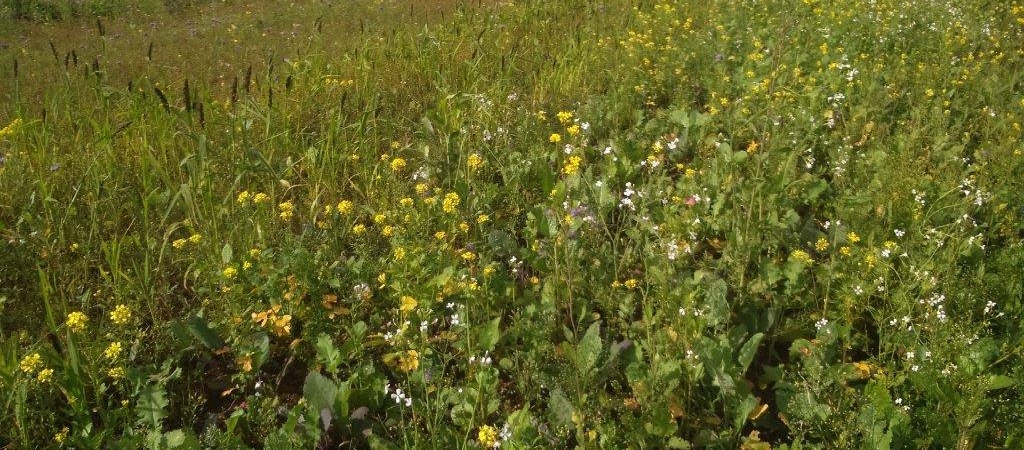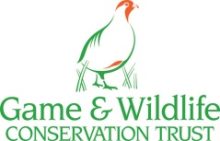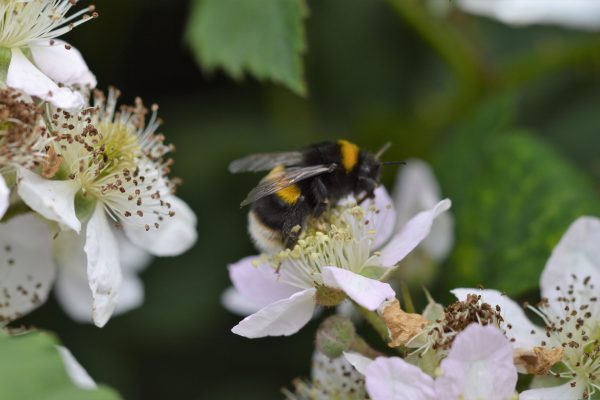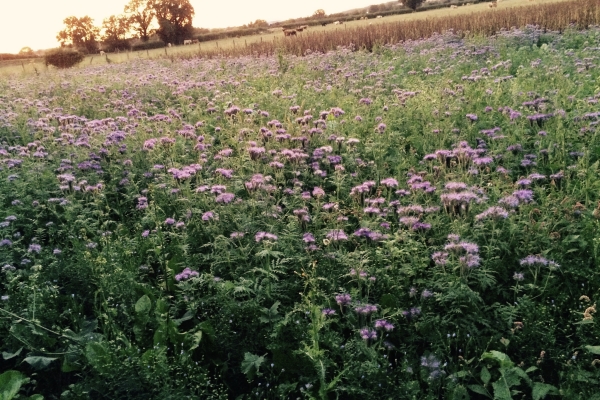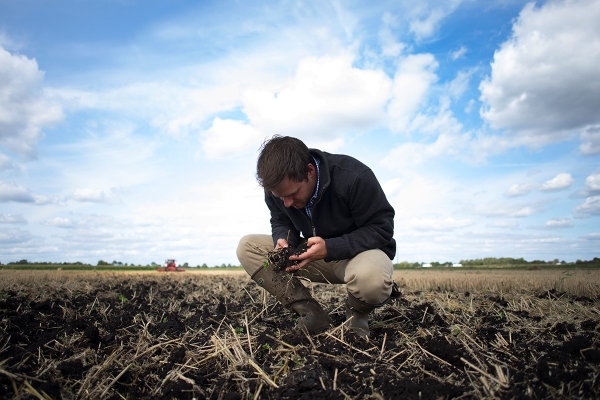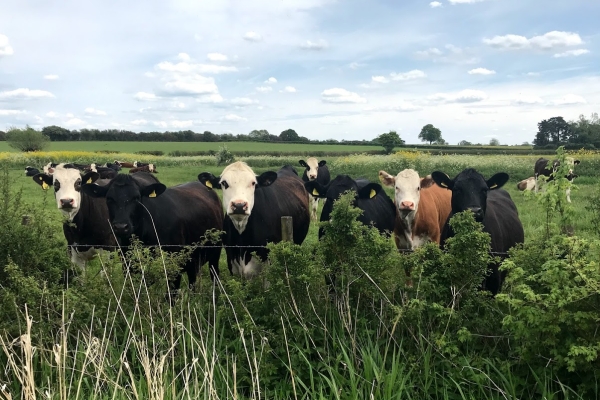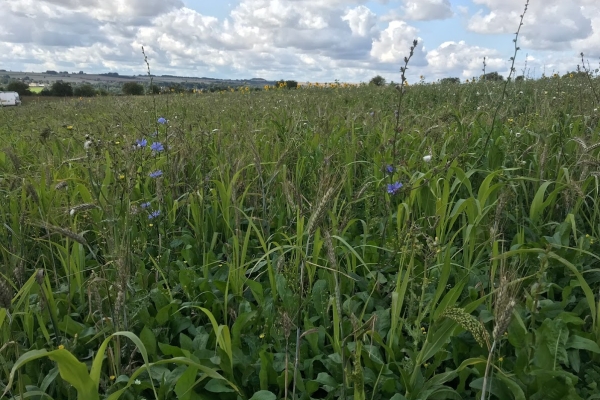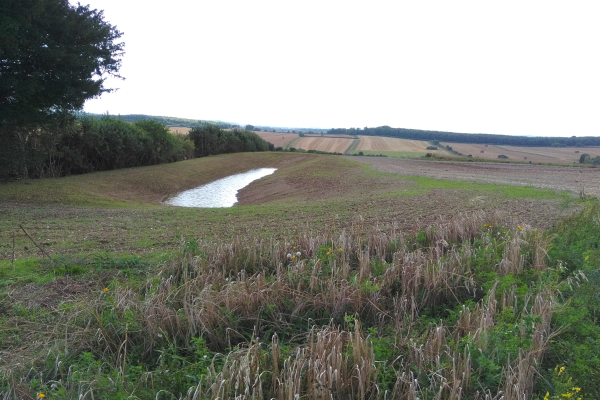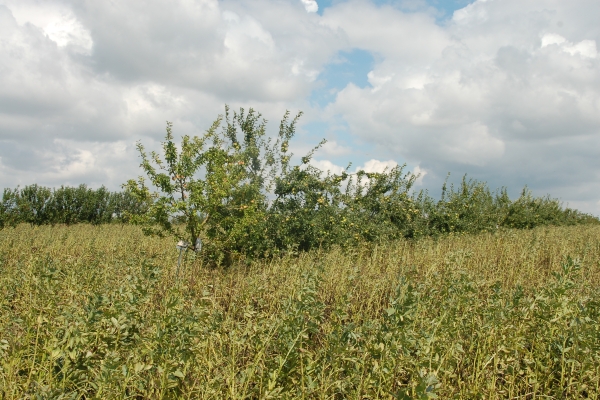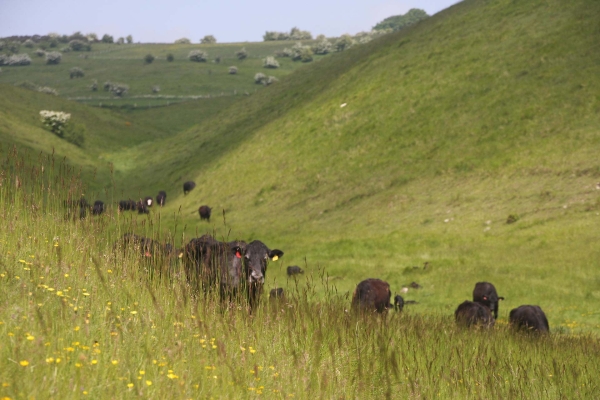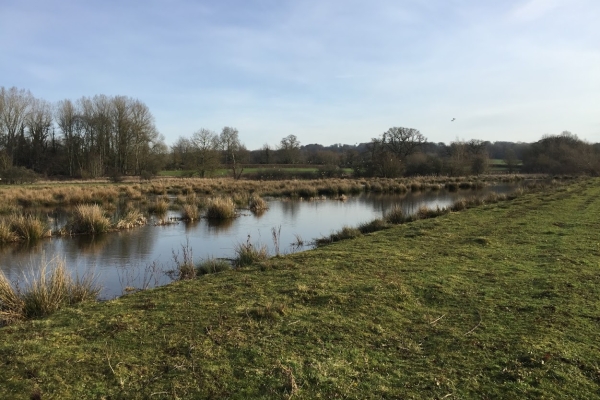Offsetting land in the agricultural landscape to increase biodiversity resilience
Resource explained
When food production and environmental enhancement share the same area of land it can cause conflicts in farm management and a need for compromises. This report by the Game & Wildlife Conservation Trust (GWCT), with support from the Frank Parkinson Agricultural Trust, looks at biodiversity off-setting (minimising environmental impacts by ensuring any negative impacts are compensated for elsewhere), when applied to building and infrastructure projects, and at what can be achieved in conjunction with agricultural production. It explores biodiversity within the context of ecosystem services, potential avoidance and ways in which negative biodiversity impacts can be minimised, restoration of habitats, land sharing and land sparing, and targeted measures such as enhanced management in Sites of Special Scientific Interest. Practical examples from GWCT’s Allerton Project and the Farm4Bio project show that biodiversity decline can not only be halted, but reversed.
Findings & recommendations
Please see here for a summary of the main points provided by the GWCT.
Also see ‘GWCT pollinators research‘
